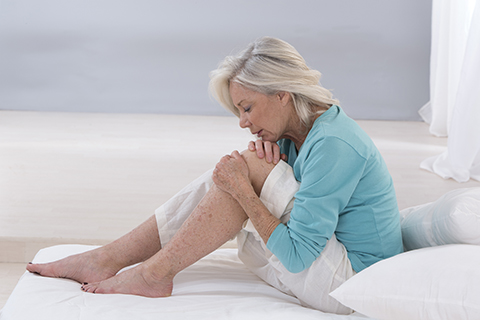
Every step you take puts pressure on your knees and joints, so it makes sense that as you age, that wear and tear takes a toll and you notice more pain. However, certain conditions can increase your knee pain and being aware may help you avoid some of the discomfort. Osteoarthritis – According to the… Read more »
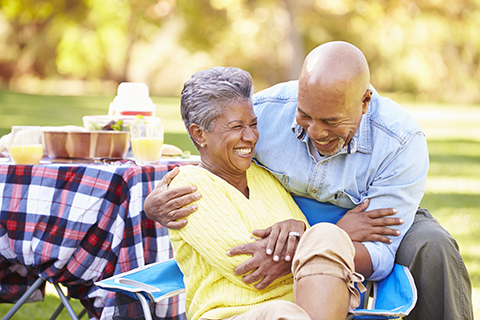
Scientists have discovered that there is truth in the old saying, “You’re only as old as you feel.” Researchers found that those who feel younger than they really are have a better life expectancy and they claim that self-perceived age is a good predictor of longevity. 6,500 older adults taking part in the English Longitudinal… Read more »

According to a new study at the Texas A&M Health Science Center College of Medicine, the much talked about compound found in red wine, grapes and more – resveratrol – may help prevent age-related memory loss. Resveratrol has been in the news before after scientists discovered its heart health benefits. Studies have linked it to… Read more »
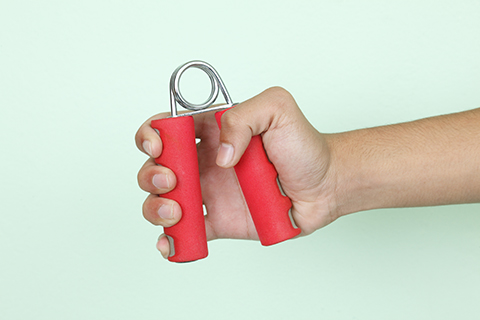
It turns outhere might be a super simple way to determine whether you are at-risk for heart disease, stroke and even a shorter life span – your hand grip. A large study of nearly 140,000 people from 17 economically diverse countries found a clear and consistent link between grip strength and death from any cause,… Read more »
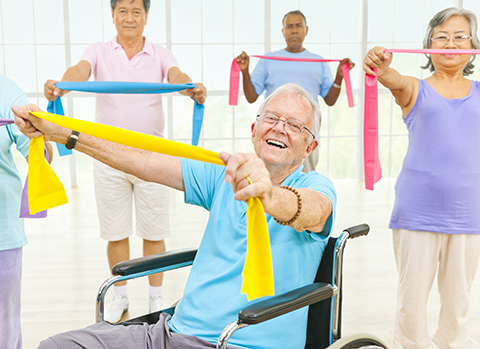
Just because you’re getting older, doesn’t mean you can’t exercise. Below are five common exercise myths debunked. Myth 1: I’m going to get old no matter what, so there’s no point in exercising. Fact: Exercise and strength training helps you look and feel younger and stay active longer. Regular physical activity lowers your risk for… Read more »
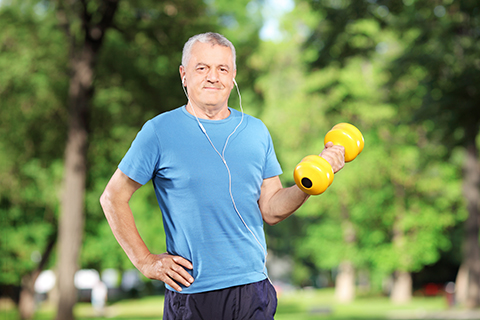
Just because you’re getting older doesn’t mean you have to give up on exercise. But a lot of people do – just one out of four people between the ages of 65 and 74 exercise on a regular basis. Many people assume that they’re too out of shape or sick or tired or just plain… Read more »
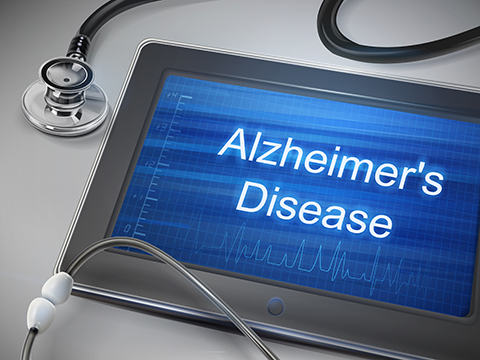
Researchers have discovered a new risk factor for Alzheimer’s disease: leaky blood vessels. An MRI study found that people experiencing mild problems with thinking and memory had much more leaky blood vessels in the hippocampus area of the brain. The study, published in the January 2015 issue of Neuron, also found that blood vessels in the… Read more »

November is Alzheimer’s Awareness month and according to the Alzheimer’s Foundation of America, as many as 5.1 million Americans suffer from this mind-bending disease. A is for Alzheimer’s Alzheimer’s Disease is the most common form of dementia, a universal term for memory loss and other intellectual abilities serious enough to impair daily living. While Alzheimer’s… Read more »
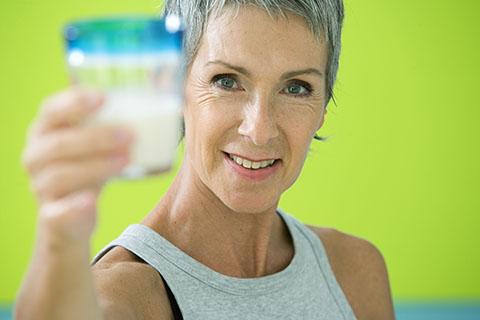
According to the US Census Bureau, it is estimated that by the year 2030, one in five US residents will be age 65 and older. With this rapid growth of the aging population, it is more important than ever for adults to take actions now that can help them stay healthy and strong in the… Read more »
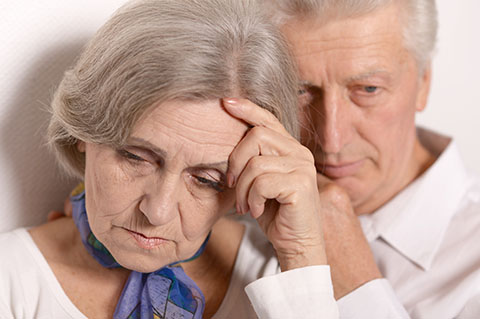
Depression affects more than 6.5 million Americans aged 65 years or older. For some people, they have been struggling with depression most of their lives, but for others, the onset is later in life. Elderly depression is closely associated with dependency and disability and can cause suffering for the individual and his or her loved… Read more »










